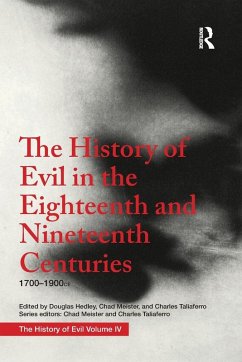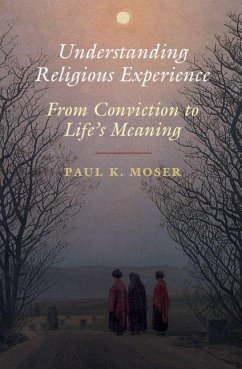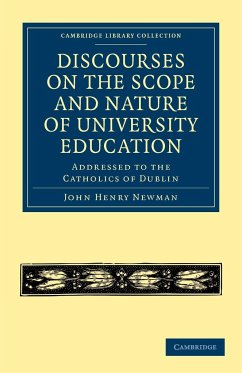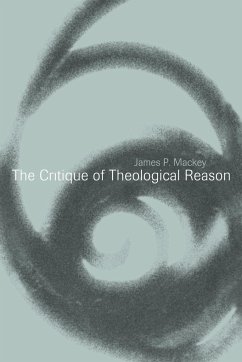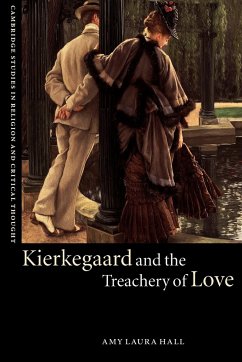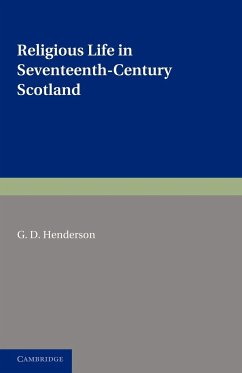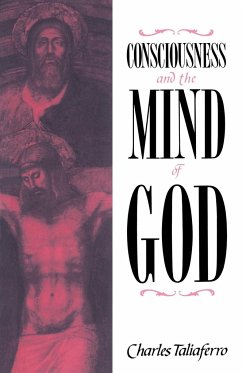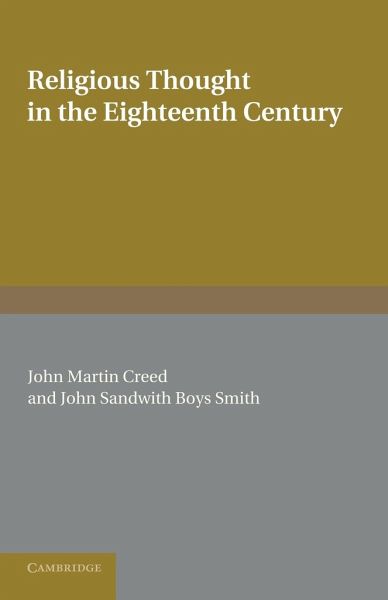
Religious Thought in the Eighteenth Century
Illustrated from Writers of the Period
Herausgeber: Creed, John Martin; Boys Smith, John Sandwith
Versandkostenfrei!
Versandfertig in 1-2 Wochen
42,99 €
inkl. MwSt.

PAYBACK Punkte
21 °P sammeln!
Originally published in 1934, this book contains passages from a variety of well-known writers illustrating the changes and developments in thought concerning religion during the eighteenth century. Dealing primarily with the movement of thought in England, the text reveals the impact of Enlightenment ideas upon established religious principles and institutions. The selected writers are all given a brief biographical introduction. This book will be of value to anyone with an interest in eighteenth-century history and theology.





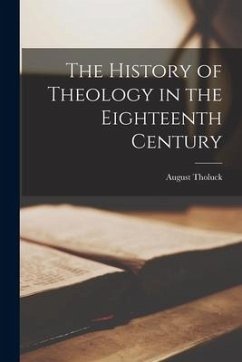
![Eighteenth Report of the Proceedings of the Diocesan Church Society of New Brunswick, During the Year 1853 [microform] Cover Eighteenth Report of the Proceedings of the Diocesan Church Society of New Brunswick, During the Year 1853 [microform]](https://bilder.buecher.de/produkte/66/66197/66197834n.jpg)
